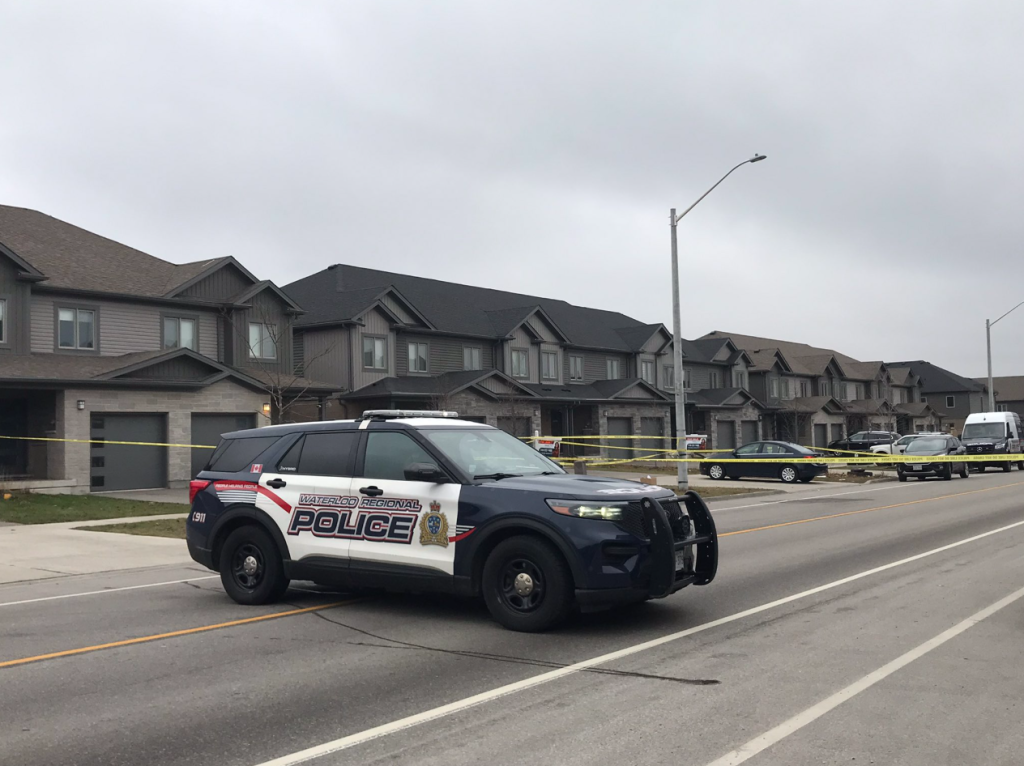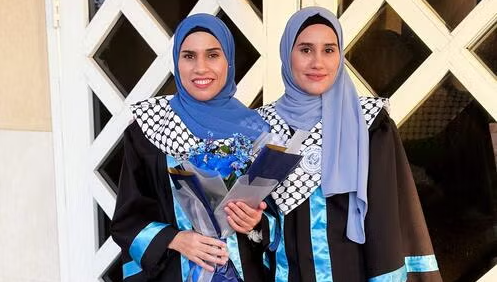Local speech pathologist empowers families and children
Posted May 8, 2022 07:00:00 PM.
Kitchener local Becky McArthur never planned to own her own business. The thought wasn’t even on her radar. In fact, when she graduated with her Master’s in Speech Pathology, she wanted to work in a hospital with adults.
But there weren’t many opportunities in that area when she was looking for work, so she wound up at a private practice, working with kids and their families, which inspired her to open her own paediatric-focused practice.
So, in 2019 she launched We Communicate, a team of speech pathologists who work with children and their families on speech, language, literacy and feeding.
“I just really loved [it], and knew it would be a good fit for me,” she said. “I’m grateful that [the] universe [had] another plan for me, because now I love what I do.”
She initially launched in her childhood hometown of Norfolk County, because “rural areas often have fewer options for specialized services like speech language pathology,” and she wanted to be the one to provide that service for them.
Since then, they’ve expanded to Kitchener-Waterloo, Brantford and Welland.
Her team is currently made up of six speech pathologists in total, all of whom are able to choose the days they work, to curate a schedule that best fits them, which ensures they come in “with their cups really full, and they’re excited about what they’re doing.”
Children who don’t use their first words between 12 and 15 months, and hard-to-understand preschoolers are some of the more common speech challenges they see.
But they also get a lot of literacy clients who need help with reading and writing skills.
Treatment is really tailored to each individual client, but she says the first step is almost always an assessment, which can be done virtually or in person. This helps them determine whether this is a communication delay or disorder present, “because for some families, there is a concern, but then we meet them and we’re like, nope, they’re where they need to be.”
It also helps them determine what types of challenges the child is having, and to identify what type of intervention would be the most appropriate.
“So it’s not as if a child has this type of challenge, and we put them on this track or program. It’s really individualized,” she said.
But, in terms of treatment, they either work directly with the child, working on specific goals like a speech sound or spelling rule, or they offer parent coaching, where they teach parents strategies they can use themselves to support their children, typically for children ages 12 to 15 months, but up to three years.
For instance, if a child hasn’t said their first word by that age, they will choose to work directly with the parents, so the child receives more support, “because the parents can do it all day, every day, versus a 45 minute appointment with us each week.”
“We are really passionate about empowering families. So as much as direct services are super important, we're also huge on educating families on how their child communicates, and how they can best support growing the skills that we're working on.”
Through these sessions, the parents better understand the difficulties their children are having with learning to read, for example, and then are able to share that knowledge with their teachers and extended school team.
This extensive support is especially important, given that a recent report from the Ontario Human Rights Commission found “that Ontario schools are not using evidence-based approaches to instruct reading.”
Even before the pandemic, 33 per cent of students in Ontario schools were not learning to read as expected.
“Much of it comes back to parents being given the right information and knowledge so that they can make the best decisions for their child's future. So a huge focus of our practice is making sure families feel that way and that they feel empowered.”
McArthur says seeing their clients progress is one of the best parts of the job, and ironically, often leaves them speechless.
One child McArthur was working with said her first word during a session.
“She said her first ever word at three-and-a-half, which is a lot later than most children. Me and the mom just cried, it’s so powerful.”
Sometimes by the time children come in for a session, they’ve had two to four years of schooling, and ample negative experiences with reading and writing.
Recently she had a client where any writing task would cause a full shutdown.
“As soon as we got a pencil out, or even if we were using letter tiles, he didn’t want to participate,” she said.
But the other week, while they were working together writing sentences, “every sentence he wrote, he ran upstairs to his mom to show her the paper.”
“It’s incredible seeing kids transform in front of your eyes. It's really meaningful work. And we feel really grateful to be able to do it.”
McArthur says that if families are considering reaching out to a speech language pathologist, to “trust your gut and reach out to our team,” adding that there is zero obligation to begin services with the initial conversation, to determine what services, if any, are needed.
You can find out more about We Communicate here, or access the referral form here.








